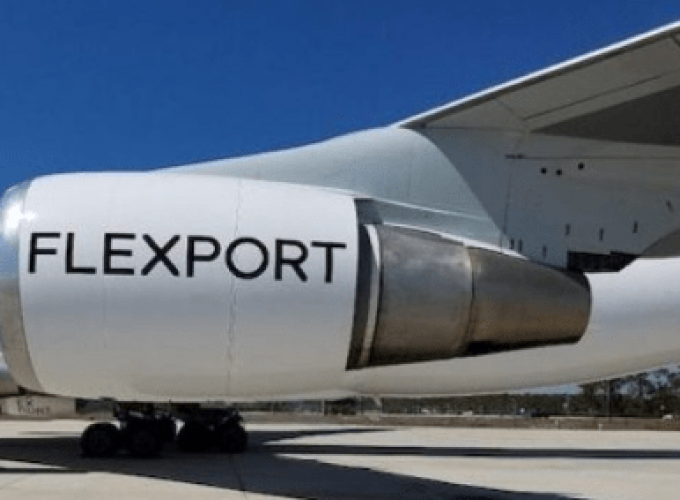New senior management for DSV as it readies for DB Schenker takeover
Following its clearance by competition regulators to complete its acquisition of DB Schenker, Danish freight ...

The prospect of sustained capacity shortages, as bellyhold capacity recovers slower than anticipated, is prompting forwarders to sign freighter deals.
At the beginning of the year, Flexport replaced a dedicated freighter agreement with block space deals with several carriers; now, a dedicated cargo flight is a possibility again.
“We’re considering any path that allows for sufficient capacity,” said Neel Jones Shah, global head of airfreight.
“Reduced passenger traffic means Flexport will have to double-down on its bulk space agreement (BSA) strategy and traditional ...
Outlook for container shipping 'more uncertain now than at the onset of Covid'
Shippers warned: don't under-value US exports to avoid tariffs – 'CBP will catch you'
Cancelled voyages take the sting out of spot rate declines this week
Teamsters union vows UPS will be 'in for a hell of a fight' over jobs cull
New Houthi warning to shipping as rebel group targets specific companies
K+N CEO unveils impact of US import tariffs on China-origin goods
Blanked sailings in response to falling demand 'just a stop-gap solution'
CMA CGM to reflag box ship as the French carrier eyes growing Indian market
More pressure on transpacific rates as carriers bet on a China-US trade deal
Boeing looks to resell up to 50 aircraft rejected by Chinese buyers
'Strong start' to 2025, despite market uncertainty, says Kuehne + Nagel
US Customs chaos means 'more downside risk than upside potential' for air cargo
Taiwan ministries act to mitigate effect of trade war on agriculture exports
Wan Hai joins box shipping 'arms race', but avoids Chinese yards for newbuilds
MOL signs up with Climeworks for direct air carbon capture and storage

Comment on this article